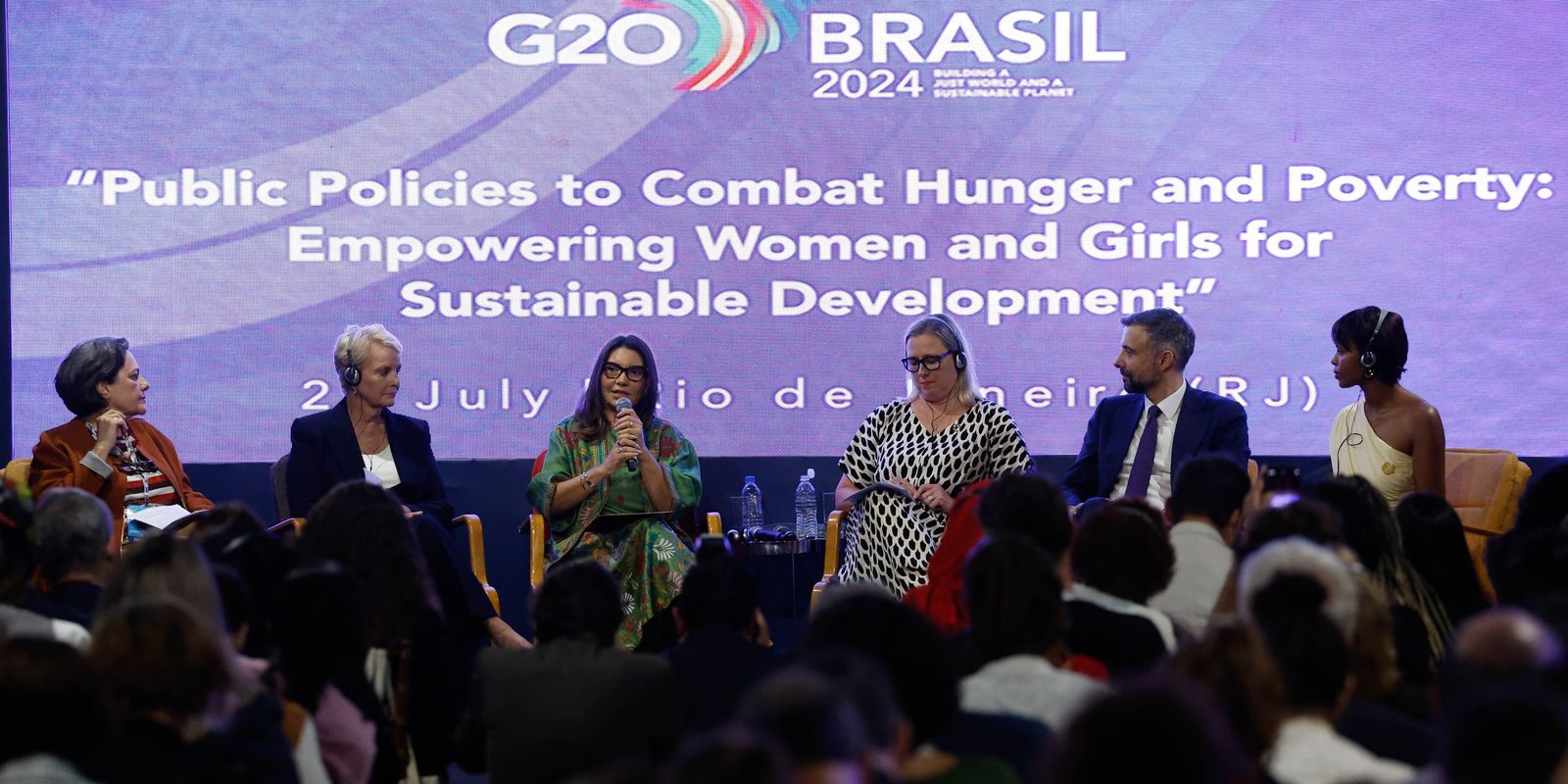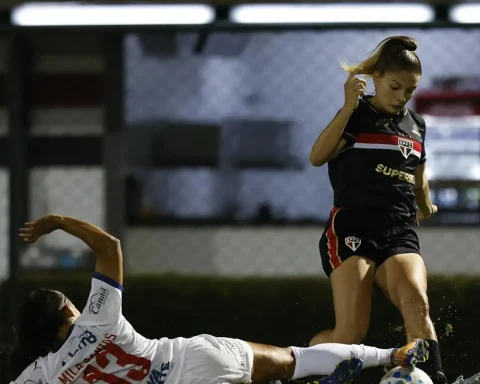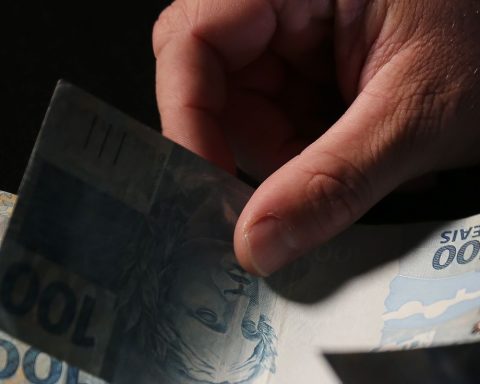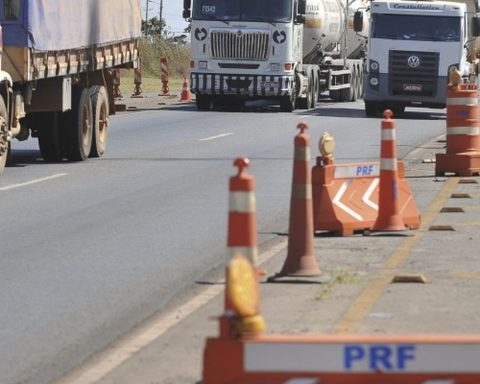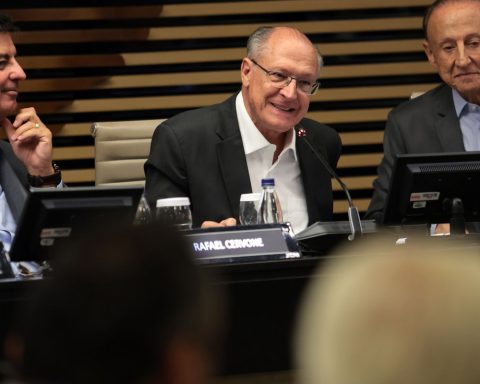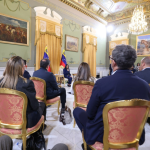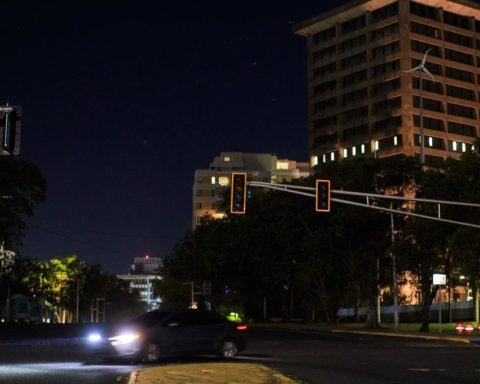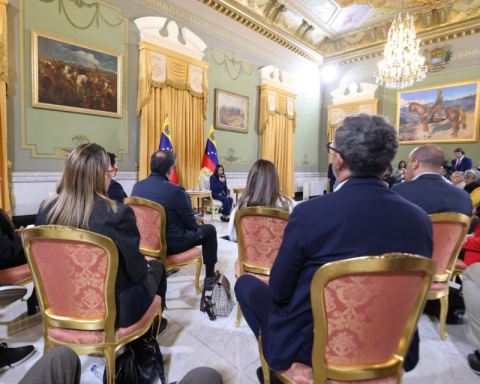Sociologist and First Lady Janja Lula da Silva assessed on Wednesday night (24) that the Global Alliance against Hunger and Poverty could be an effective instrument for building a more egalitarian society. The initiative involves an international commitment to mobilize political support, financial resources and technical knowledge with a single objective: to disseminate public policies and social technologies that have proven to be effective in combating food insecurity around the world.
Janja spoke about the topic during activities taking place in Rio de Janeiro, organized by the Brazilian presidency of the G20. These are meetings and events that are part of an agenda that extends throughout the week. The First Lady participated in a panel entitled “Public Policies to Combat Hunger and Poverty: Empowering Women and Girls for Sustainable Development”, which took place at Galpão da Cidadania, the headquarters of the non-governmental organization Ação da Cidadania. Founded by sociologist Herbert de Souza, or simply Betinho, it has been a central player in the national mobilization against hunger since the 1990s.
Earlier, Janja attended an event hosted by President Luiz Inácio Lula da Silva to launch the task force for the Global Alliance Against Hunger and Poverty. At the event, the Brazilian leader said that success of the initiative depends on political will of the rulers.
“Hunger is not only the result of external factors. It is mainly the result of political choices. Today, the world produces more than enough food to eradicate hunger. What is missing is the creation of conditions for access to food,” he said.
The expectation is that the Global Alliance will contribute to promoting successful experiences involving income transfer, school meals, registration of vulnerable families, support for early childhood, support for family farming, social assistance, women’s protagonism and socioeconomic and productive inclusion, among other issues. Lula has been holding meetings and securing support. The president of the World Bank, the Indian Ajay Banga, praised the concepts of the initiative. The Brazilian proposal also involves the taxation of the super-rich to finance concrete measures.
“It will be a framework of knowledge and new technologies so that we can bring together successful public policies from around the world. And Brazil, thanks to President Lula’s political vision focused on combating inequality, has formulated public policies that are now part of the structure of the Brazilian State,” said Janja.
Wearing a dress made by embroiderers from Bangladesh, Janja said she was paying homage, considering that the Asian country was the first to join the Global Alliance proposed by Brazil. She said she will be at the forefront of the initiative’s articulation and that she will take advantage of the opportunity to be in Paris in the coming days to discuss the matter in meetings with French political authorities. The First Lady is traveling to the French capital to represent President Lula at the opening of the Olympic Games, which will take place this Friday (26).
“Educator Paulo Freire coined a verb that I don’t know how people will translate into English: to hope. And the launch of the Global Alliance today makes us feel the verb. It warms our hearts, because we know that the Global Alliance can effectively be an instrument for a more just and egalitarian society,” he added.
The First Lady noted that Brazil enshrines the universal right to school meals and also highlighted the success of the Bolsa Família program, noting that the main beneficiaries are women who are heads of households. “They are more dedicated to supporting their children,” she said. According to her, women and girls are the most affected by poverty.
Janja also lamented that in 2022, during the government of former president Jair Bolsonaro, Brazil was once again included on the United Nations (UN) Hunger Map. According to her, the country needs to once again follow a path that had already been left behind. Across Brazil, 14.7 million people stopped going hungry in 2023. Severe food insecurity, which affected 17.2 million Brazilians in 2022, fell to 2.5 million last year. The data are part of the United Nations Report on the State of Global Food Insecurity (Sofi 2024), released this Wednesday (24).
The world’s 19 largest economies, as well as the European Union and, more recently, the African Union, have seats in the G20. The group has established itself as a global forum for dialogue and coordination on economic, social, development and international cooperation issues. In December of last year, Brazil succeeded India as president. This is the first time that the country has held this position in the current G20 format, established in 2008. At the end of the year, Rio de Janeiro will host the G20 Summit, and the presidency of the group will be transferred to South Africa.
The creation of the Global Alliance against Hunger and Poverty is one of the priorities of the Brazilian mandate. The launch of the task force is a first step. The official announcement of the initiative will take place during the G20 Summit in November.
Panel
In addition to the First Lady, the other participants in the panel entitled “Public Policies to Combat Hunger and Poverty: Empowering Women and Girls for Sustainable Development” endorsed the Brazilian proposal.
“If we join forces, I think the international community can fight poverty. It is a question of political will. And I am convinced that we need to put women and girls at the center of our efforts,” said the European Union’s Commissioner for International Partnerships, Jutta Urpilainen.
According to her, by 2025, 85% of the European Union’s actions will have some gender component. She assessed that “women are the face of climate change” and highlighted the recently announced donation of 20 million euros to the Amazon Fund, which is managed by the National Bank for Economic and Social Development (BNDES).
For Cindy McCain, director of the United Nations World Food Programme (WFP), promoting school feeding programmes generates positive impacts for communities and makes a difference in children’s lives. “The Global Alliance’s prioritisation of school meals is very important.”
In turn, Elisabetta Recine, president of the National Council for Food and Nutrition Security of the Presidency of the Republic (Consea), highlighted the capacity of community organizations to present solutions. In her view, the success of Brazilian programs is also the result of listening to communities. “They brought into the discussion of public policy not only their requests and demands, but also their experience and solutions.”
Elisabetta also called for changes in the financing architecture for actions to combat poverty in the world. According to her, financial institutions, such as the World Bank, need to be sensitive to dealing with the issue. “It is no coincidence that the countries that dedicate the most efforts to the debt issue are also the countries with the most inequality.”
